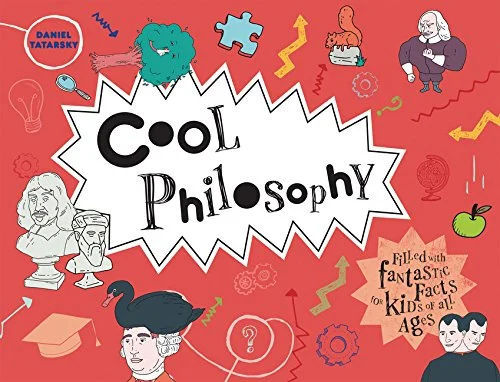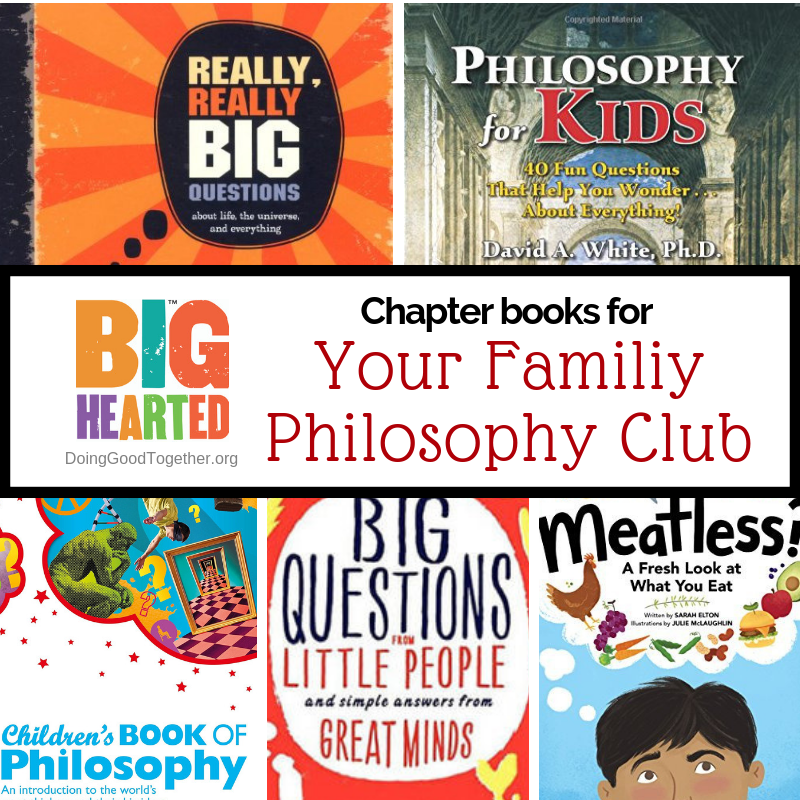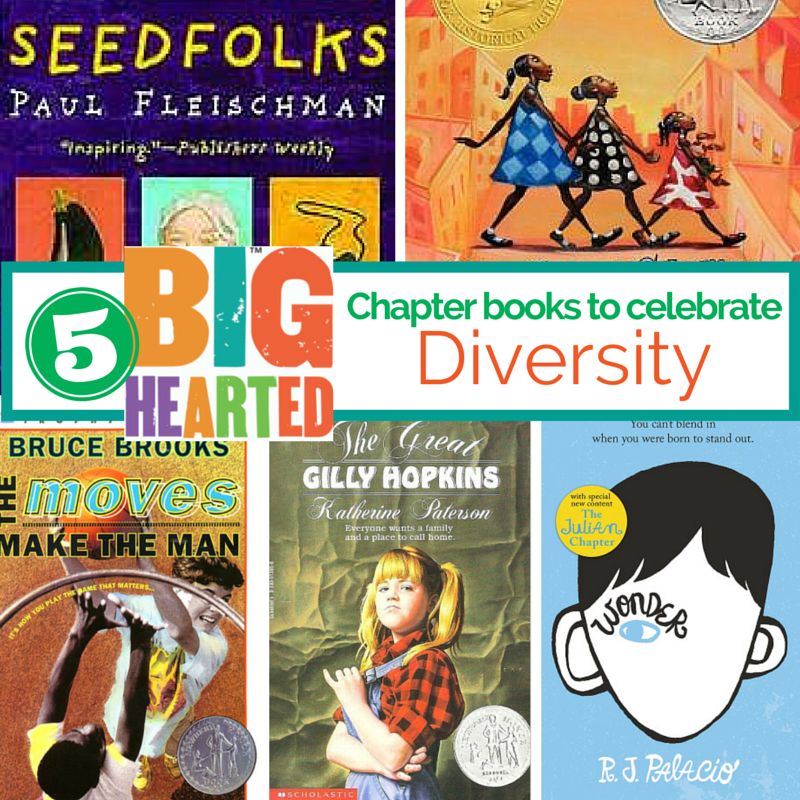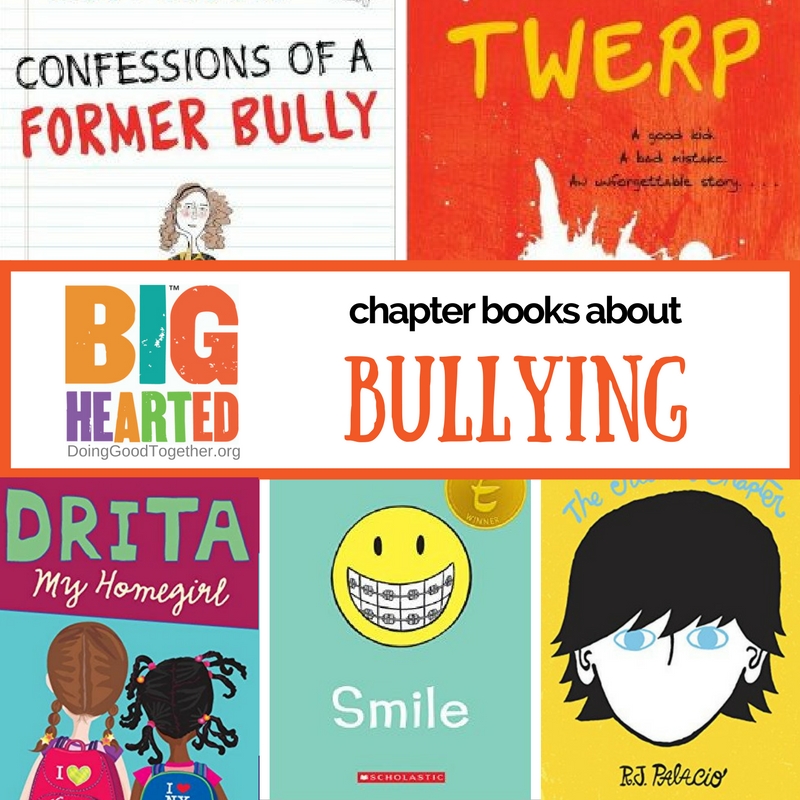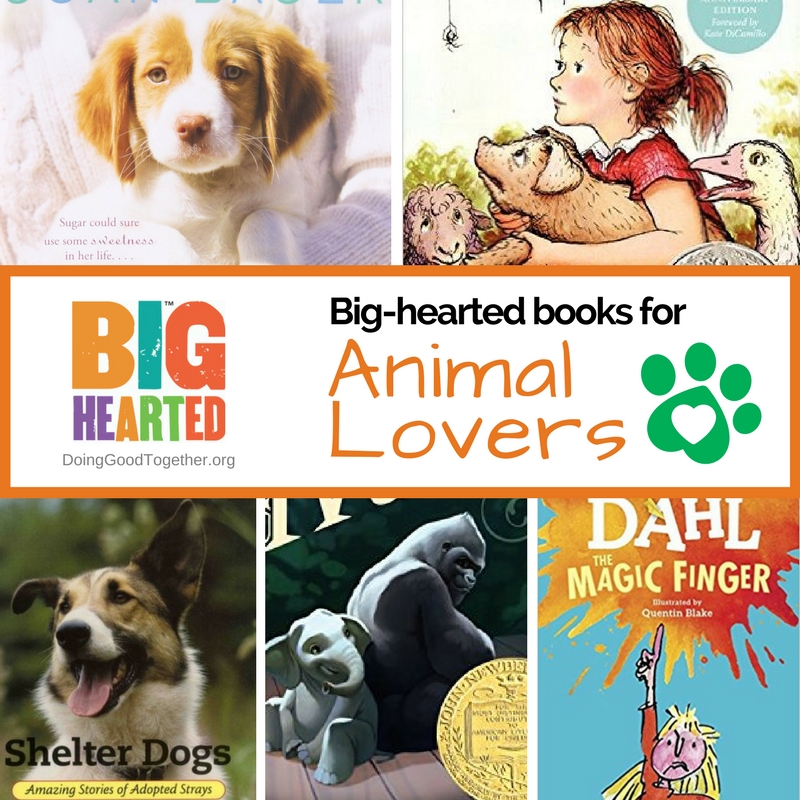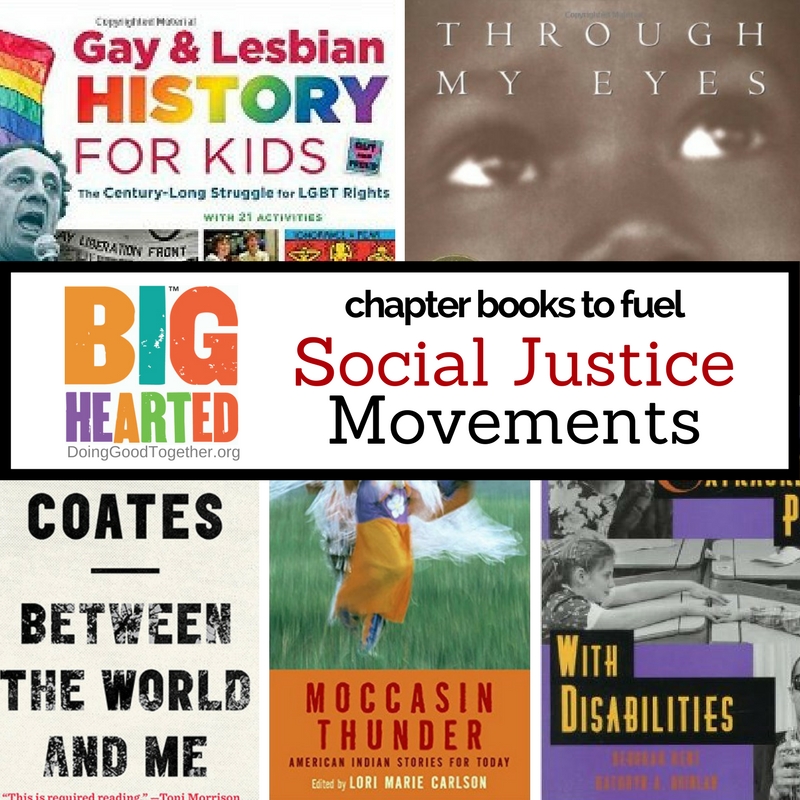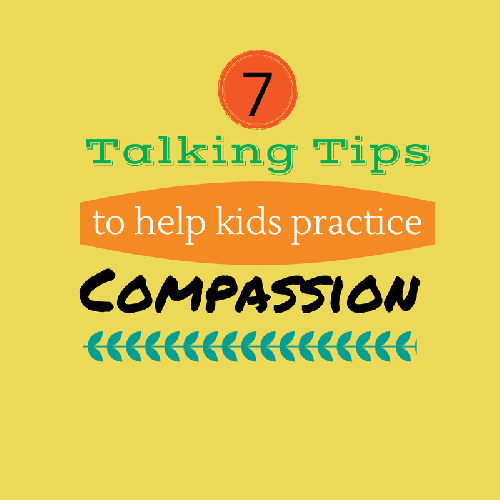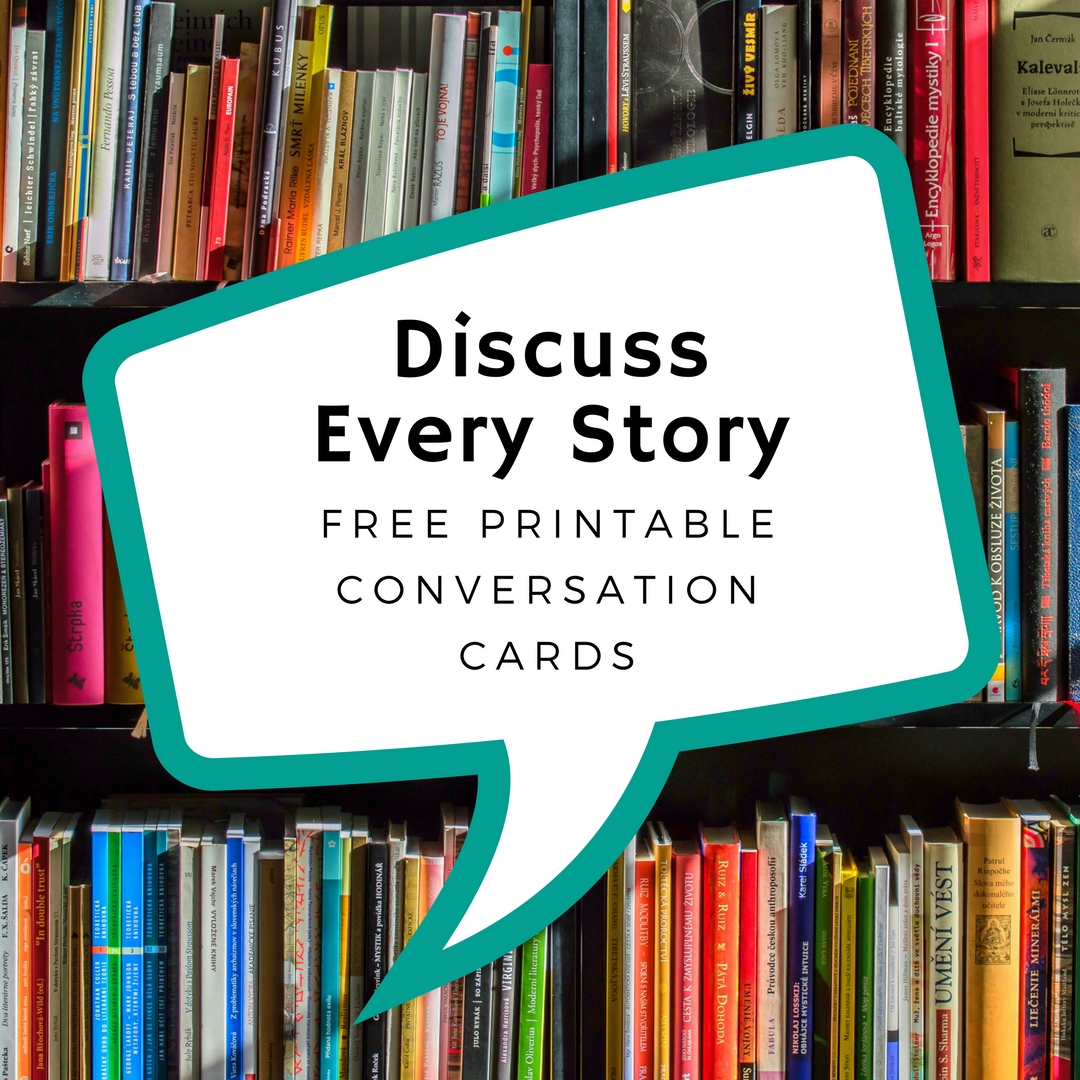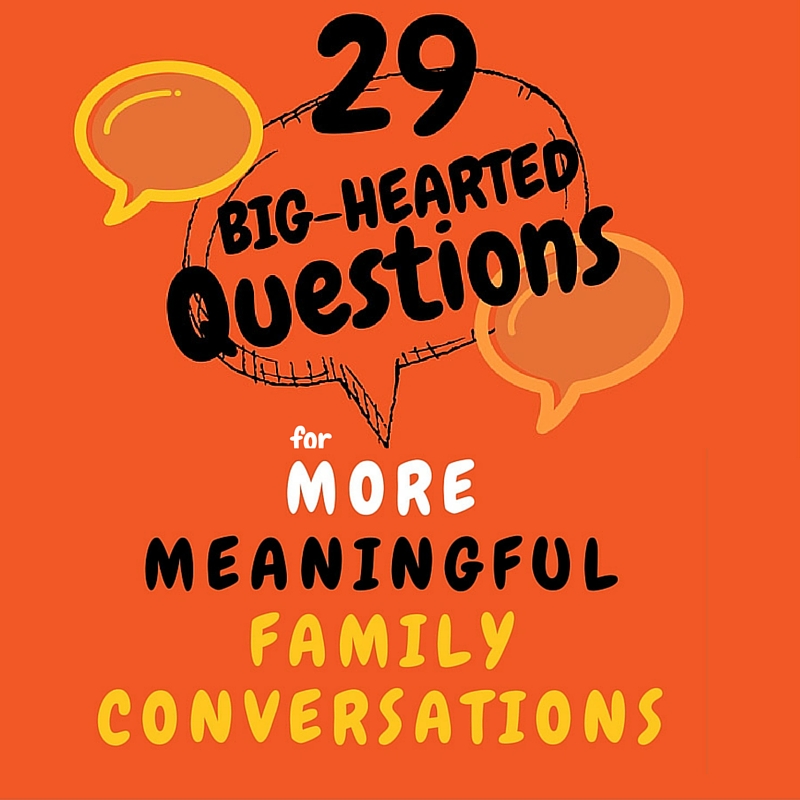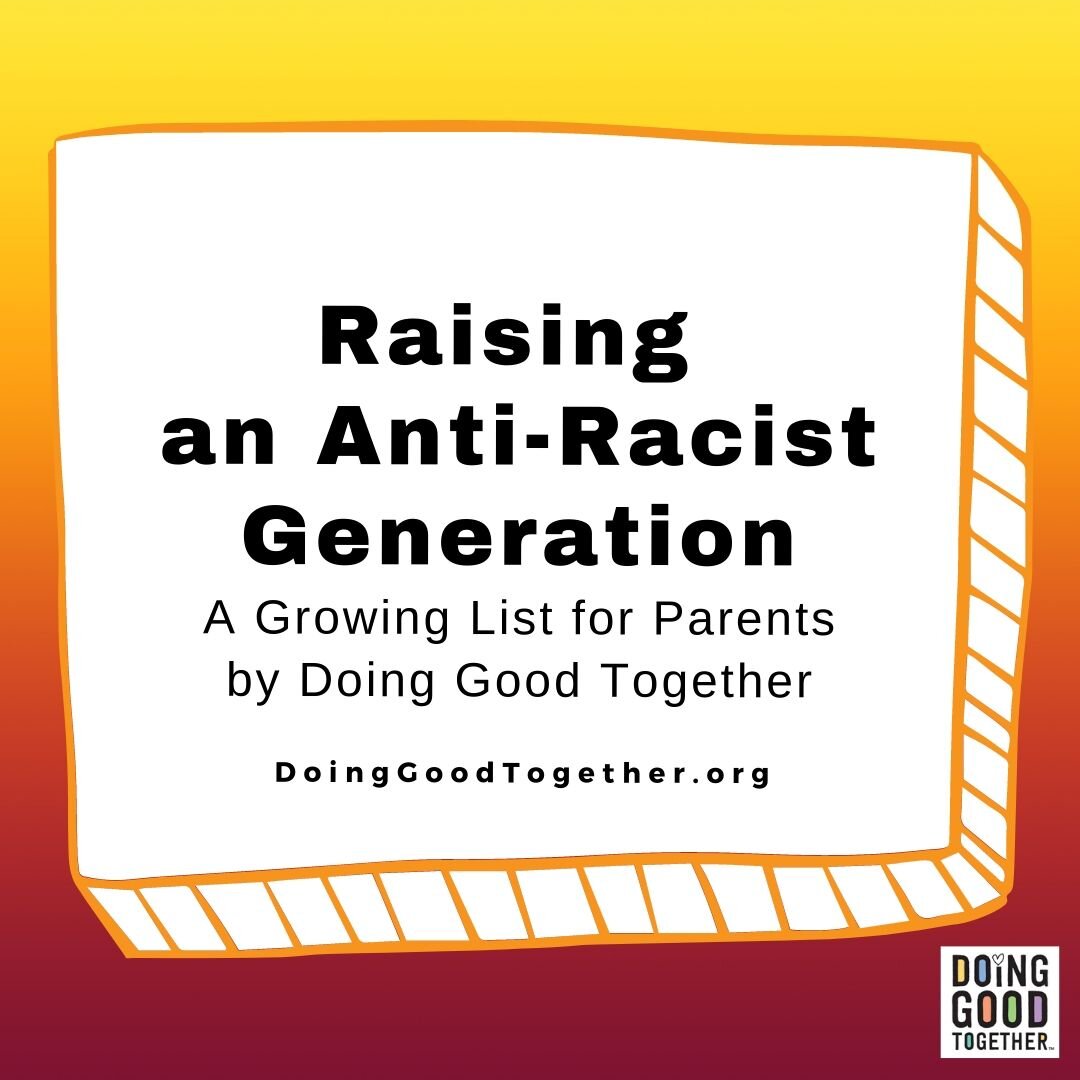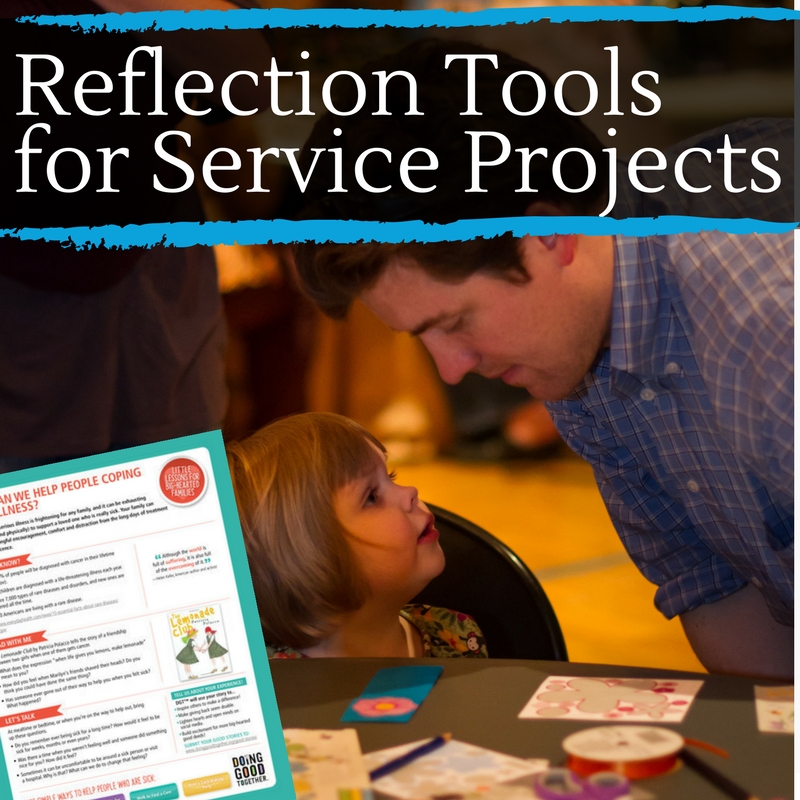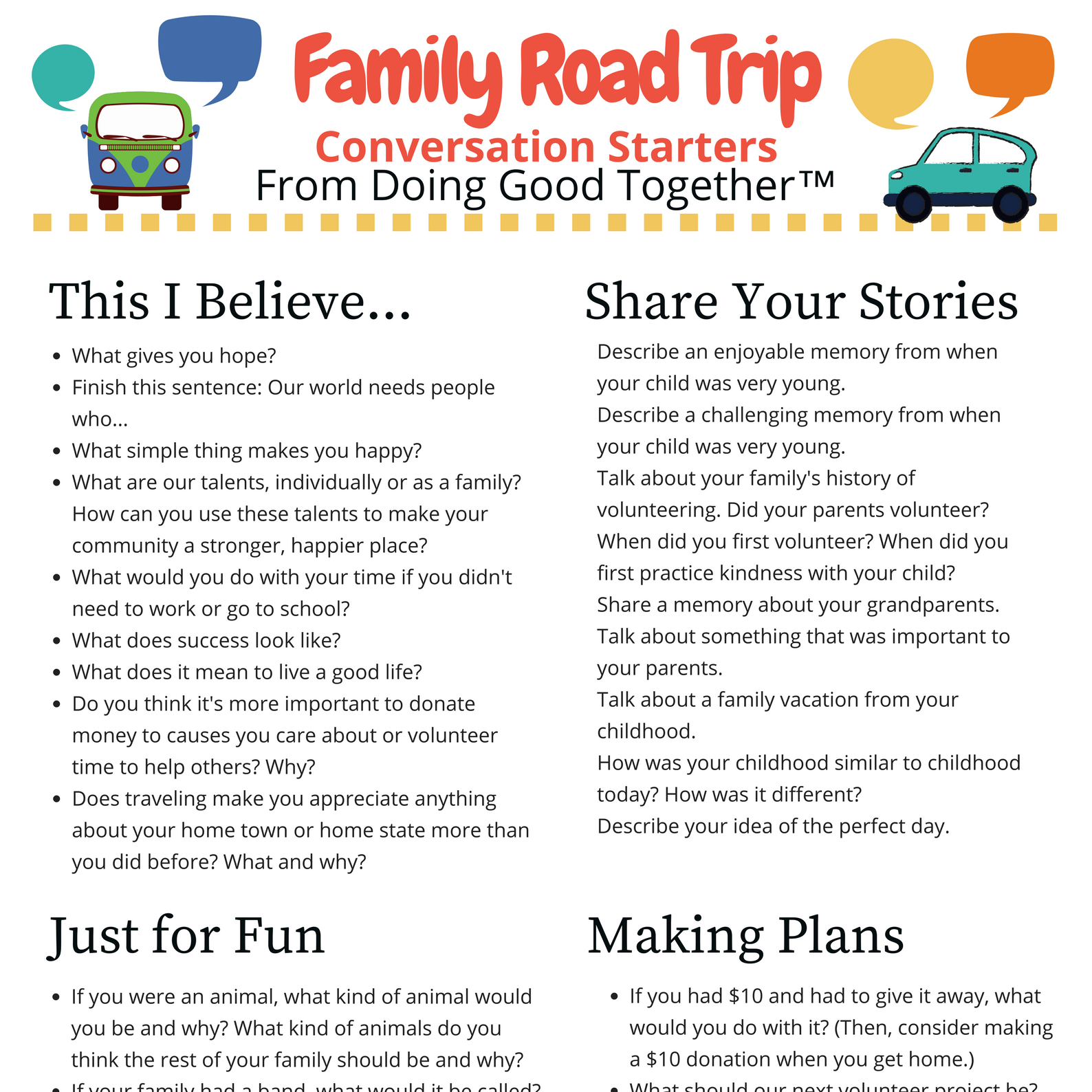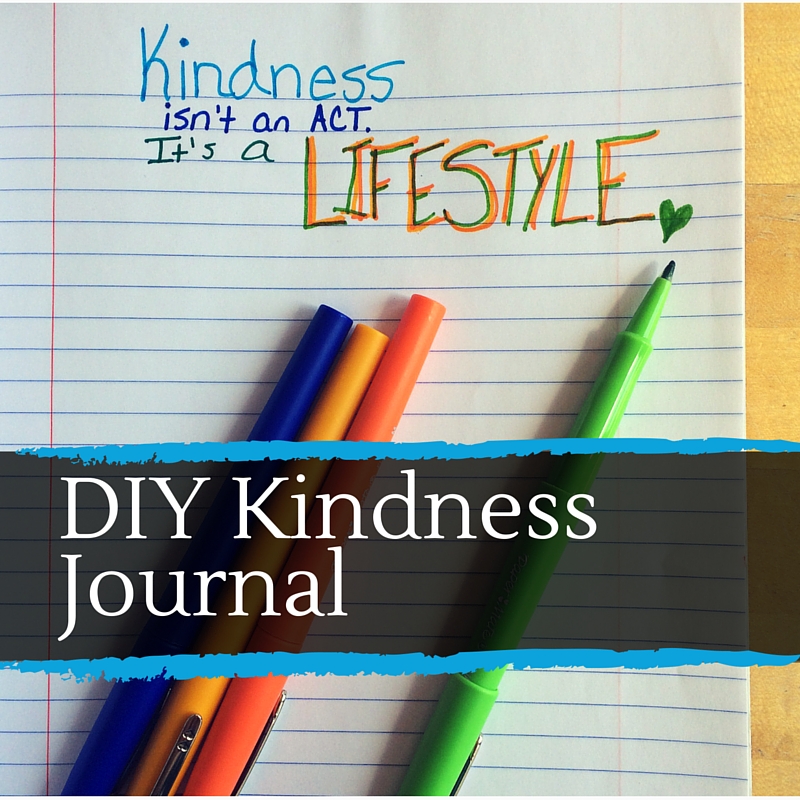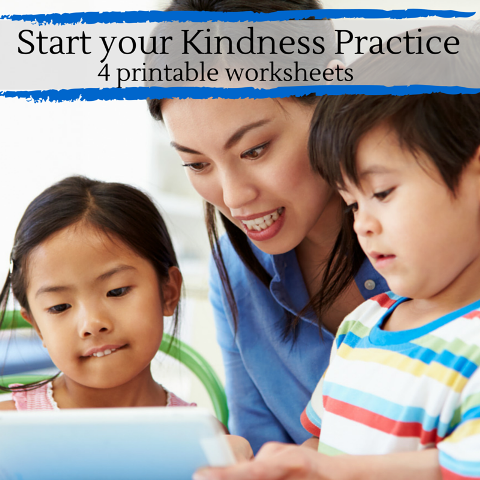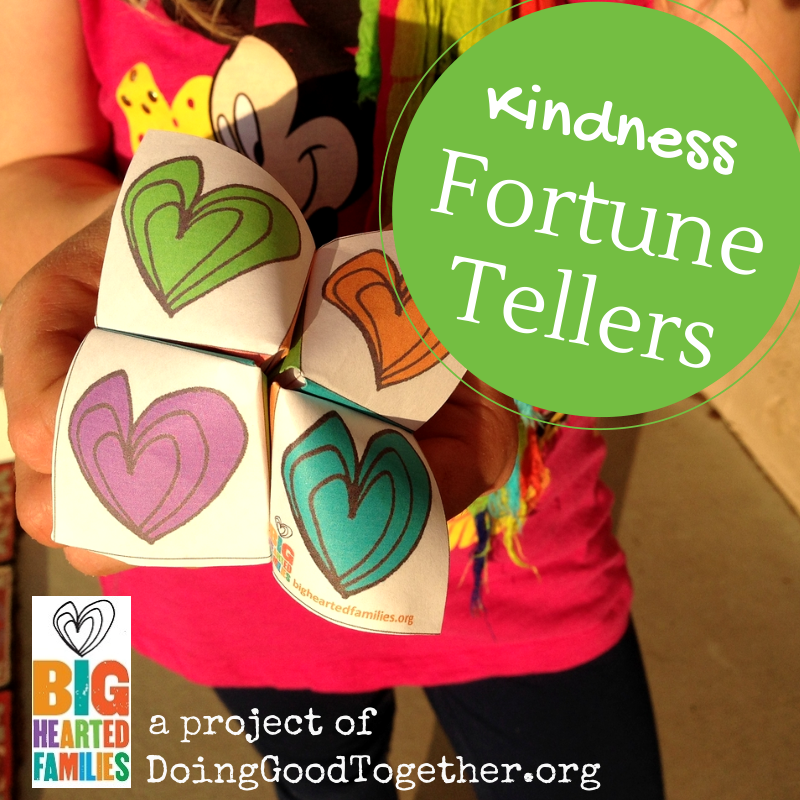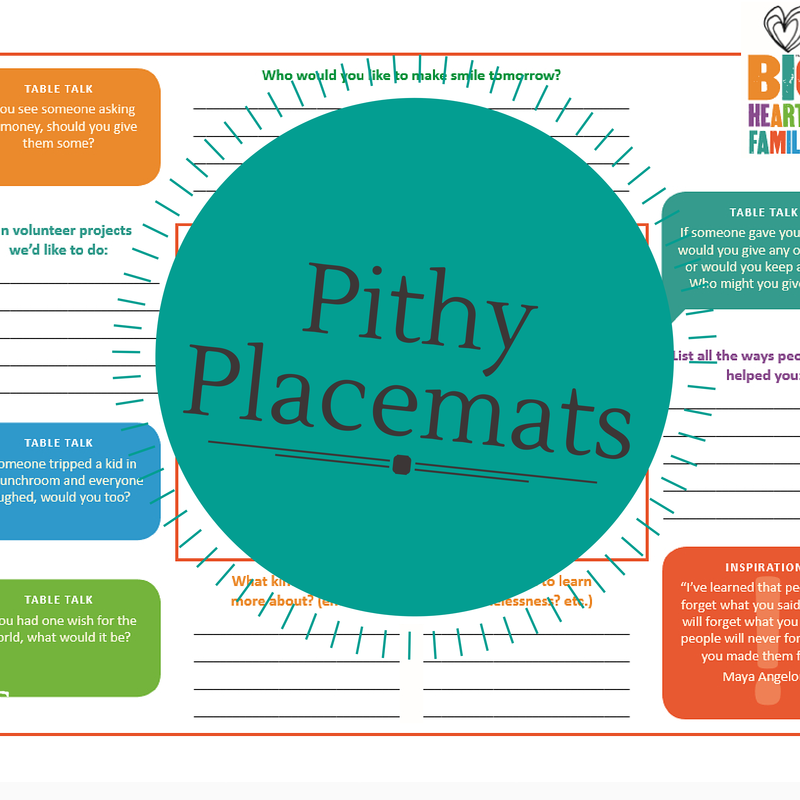Books for Your Family Philosophy Club
Contemplate life’s big questions with your favorite young thinkers.
Children have more to say - and more to ask - about life’s most persistent questions than many adults are prepared to acknowledge. Parents and educators are routinely surprised and enlightened by the unique perspective kids bring to popular philosophical conundrums like what does it mean to live a good life and how can we know what is real and what is a dream?
You may also want to browse our collection of Picture Books for the Youngest Philosophers.
Skeptical about getting your child excited about a philosophy book? Revisit this popular article: How to Change the World with a Book Your Tween Refuses to Read
Here are a few philosophical questions every child should be asked:
What do you think it means to live a good life?
Is it better to be good or famous?
Will a good person always be happy?
What is love? Are there different kinds of love?
What is respect? Who deserves our respect? How do we show our respect for others?
How can you tell if something is true or false?
Do animals think like we do?
Can kindness make a difference?
Is it good to be kind to everyone all the time?
Can you be kind and still stand up for yourself and others? In what way?
Visit our blog post “The Inner Work of Childhood: Tools and Tips for Your Family Philosophy Club.”
Featured Title
The Cartoon Introduction to Philosophy by Michael Patton
Graphic novel enthusiasts will love this quirky romp through Western philosophy. Pairing wisdom with wisecracks, this book make big ideas easy to understand. Even better, the delightful illustrations make this a fun book to return to time and again.
Additional DGT Favorites
For Upper Elementary
Big Ideas for Curious Minds: An Introduction to Philosophy by The School of Life & Anna Doherty
This beautifully illustrated book is filled with simple yet profound explorations of life’s most probing questions. Each idea is brought to life with thought-provoking examples from everyday life. When read together at the end of a chaotic day, each curious concept acts as a meditation for the whole family, both calming and inspiring.
Big Questions from Little People: And Simple Answers from Great Minds by Gemma Elwin Harris
Scientists, philosophers, and specialists weigh in on the perplexing questions for which grade-school kids are famous. From adventurist Bear Gryllis to linguist Noam Chomsky and many, many others, the experts in this handbook offer great insight on some of kids’ most persistent questions. Ages 8 and up.
Children’s Book of Philosophy: An introduction to the world’s great thinkers and their big ideas by Sarah Tomley and Marcus Weeks
This bright and extensively illustrated book provides a broad overview to the history of philosophical thinking. Its encyclopedic style is perfect for a child who is already interested these questions, though it is more difficult to read aloud compared to Big Ideas for Curious Minds (our featured title). Ages 8 and up.
Cool Philosophy: Filled with Fantastic Facts for Kids of All Ages by Daniel Tatarsky
At its heart, this book is a distillation of fifty great thinkers and their main ideas, together providing an excellent crash course in the history of philosophical thought. Plus, it is packed full of bite-sized conversation starters, illustrative metaphors, and thoughtful puzzlers. Its small size makes it the perfect book to take on a hike or road trip. Ages 8 and up.
Philosophy for Kids: 40 Fun Questions That Help You Wonder... About Everything! by David A. White
Your family will have fun struggling with the same thought-provoking questions that philosophers do, like "Can you think about nothing?" and "Can computers think?" Exploring philosophy with this book requires no preparation, but each section does include probing questions and teaching notes to help parents and educators move the conversation into deeper territory if they like. Ages 8 and up.
Really, Really Big Questions about Life, the Universe, and Everything by Dr. Stephen Law
This book is organized around a series of questions, including What is the meaning of life? Why is stealing wrong? and Are fairies real? Each answer involves a brief review of popular thinking on the issue, a vivid illustration of the conundrum, and a suggested, but not definitive, conclusion. Ages 8 and up.
For Teens
Sophie's World: A Novel About the History of Philosophy (FSG Classics) by Jostein Gaardner
Explore the landmark philosophical concepts of Western thought in the form of an fascinating novel. Sophie's World introduce us to fourteen-year-old Sophie Amundsen when mysterious letters begin arriving in her mailbox, introducing her to perplexing questions and she simply must find their answer. Ages 12 and up.
Examined Life: Advanced Philosophy for Kids by David A. White
In his sequel to Philosophy for Kids: 40 Fun Questions That Help You Wonder... About Everything!, David White offers prompts for discussion and debate that invite teachers, parents, and students to inquire more deeply about age-old questions.
For Parents and Educators
101 Questions for Humanity: Coffee Table Philosophy by J. Edward Neill
Simple and lovely, this book is the perfect collection of questions for families (or groups) interested in exploring big ideas.
Big Ideas for Little Kids: Teaching Philosophy through Children's Literature by Thomas Wartenberg
Newly updated to better meet the needs of parents, as well as educators, interested in teaching philosophy to children, this book-based collection of lessons is ideal for those looking to explore philosophy methodically with elementary-aged children.
Little Big Minds by Marietta Mcarty
A perfect gift for thoughtful parents, this book empowers families to have casual conversations about a wide range of philosophic topics. Each section includes a discussion guide, conversation starters, and resources suggestions to help you delve further into videos or books on any given topic.
Back to Read Together for more book lists.
Haven't found what you're looking for? Visit our Complete Resource List.
Want to take the lessons further on this important subject?
Order the DGT™ Kindness Curriculum which uses stories and discussions to empower kids to help!
Disclaimer: Doing Good Together™ is a participant in the Amazon Services LLC Associates Program, an affiliate advertising program designed to provide a means for sites to earn advertising fees by advertising and linking to Amazon.com. The recommendations we offer are based solely on our mission to empower parents to raise children who care and contribute.








